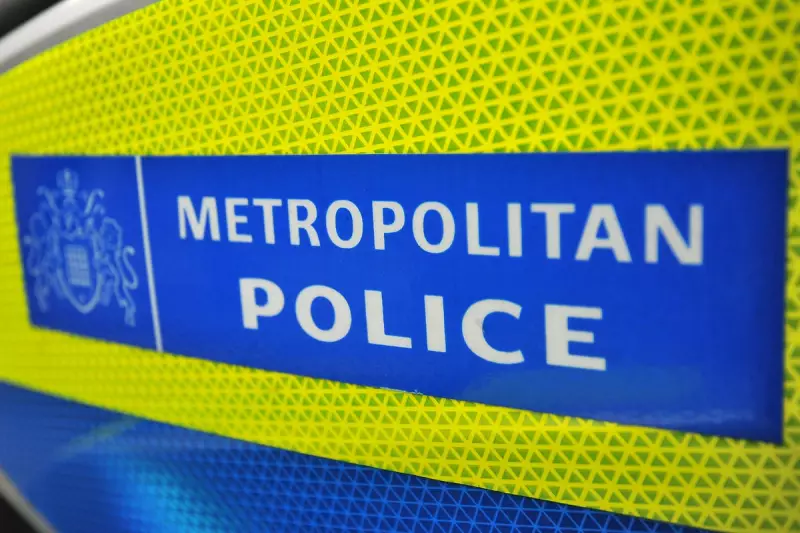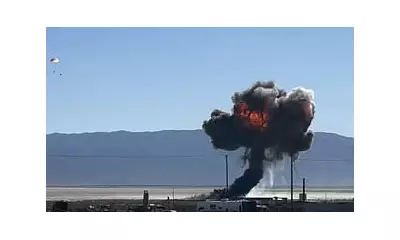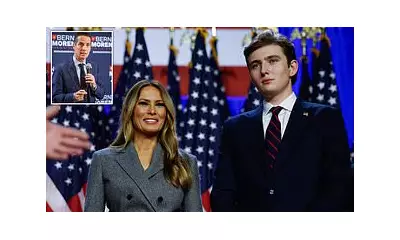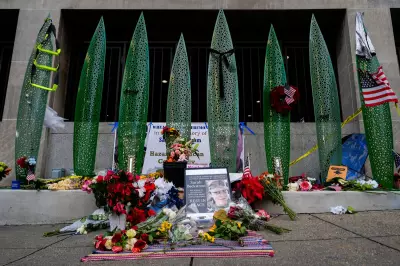
The Metropolitan Police is facing intense scrutiny after being forced to apologise to celebrated comedy writer Graham Linehan, best known for co-creating Father Ted and The IT Crowd, for recording a 'non-crime hate incident' against him.
What Sparked the Controversy?
The row erupted after Linehan engaged in online discussions about gender identity on social media platform X (formerly Twitter). Despite no criminal offence being identified, the Met logged the exchange as a 'hate incident' - a move that has drawn widespread condemnation from free speech advocates and political figures alike.
In a significant climbdown, Scotland Yard has now formally apologised to Linehan and expunged the record. The force acknowledged their initial response caused 'unnecessary distress' and confirmed the incident should not have been recorded under national guidelines.
Broader Implications for Free Speech
This case has ignited fresh debate about police handling of gender identity discussions and their impact on freedom of expression. Critics argue the Met's initial actions represent:
- Overreach in policing speech without criminal basis
- Chilling effect on legitimate debate around complex social issues
- Misallocation of police resources during a time of rising violent crime
Linehan himself described the experience as 'sinister,' suggesting it was designed to intimidate him into silence on gender-critical matters.
Political and Public Backlash
The apology comes amid growing pressure on Met Commissioner Sir Mark Rowley to address concerns about the force's approach to contentious social issues. Several Conservative MPs have voiced alarm, questioning whether police are becoming overly involved in political debates at the expense of core policing duties.
This incident follows previous controversies where police forces have been accused of prioritising recording 'non-crime hate incidents' over investigating actual crimes, raising questions about balance and proportionality in modern policing.
What Happens Next?
While the Met has corrected its position in this specific case, the broader issue remains unresolved. Many are calling for:
- Clearer national guidelines on recording non-crime incidents
- Better training for officers on free speech protections
- Greater transparency about how such decisions are made
The case serves as a stark reminder of the delicate balance police must strike between protecting communities and preserving fundamental democratic freedoms.





